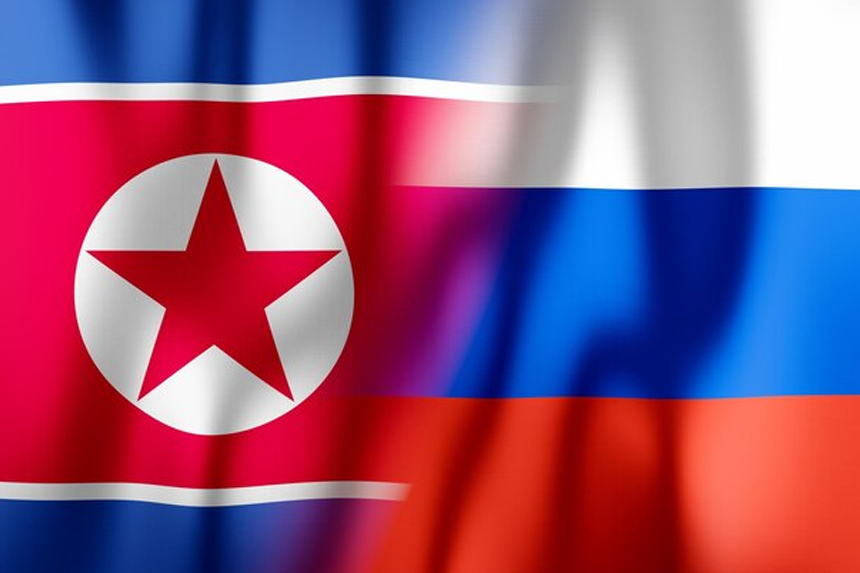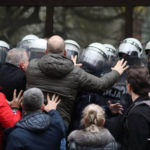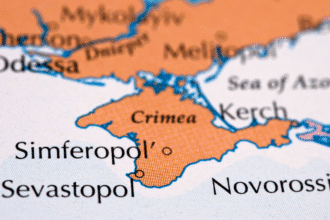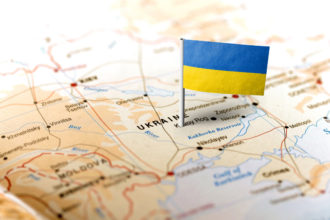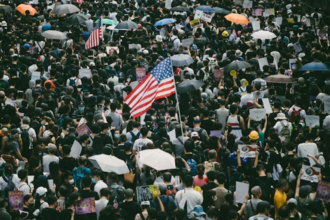Satellite images examined by the UK-based Open Source Centre show Russia has provided North Korea with over a million barrels of Oil since March 2024. Payment for the weaponry, artillery, and personnel Pyongyang has dispatched to assist Moscow’s assault in Ukraine seems to be this illegal trade.
Russian Oil and Global Politics: Trump, India, and Energy Tensions
Tracked through satellite pictures, the cargoes have generated international protests. These shipments breach UN sanctions limiting oil supplies to North Korea to 500,000 barrels yearly, meant to impede the growth of her nuclear weapon program.
A spokesman from the Open Source Centre adds, “While Kim Jong Un is giving Vladimir Putin a lifeline to continue his war, Russia is quietly providing North Korea with a lifeline of its own.”
What is the significance of the oil flow?
According to satellite photos, North Korean tankers have visited Russia’s Vostochny Port at least forty-three times during the past eight months. Tracked, arriving empty and leaving filled to almost capacity, the tankers were seen with their transponders switched off to hide themselves.
“There has been a rather constant flow since March,” adds a researcher. “The vessels appear silently, almost every week.”
Based on their knowledge of ship capacity analysis and waterline modifications, researchers project that these tankers carried over a million barrels—double the UN annual quota allowed. The Oil fuels missile launchers, ammunition factories, and cars utilized by Pyongyang’s elite oil provide the nation’s military operations vital assistance.
For Oil, what is being traded?
According to sources, the trade started in March in line with rising accounts of North Korean soldiers fighting in Ukraine.
A former UN sanctions panel member notes, “These transfers are fueling Putin’s war machine—this is oil for missiles, oil for artillery, and now oil for soldiers.”
Declaring, “To keep fighting in Ukraine, Russia has become increasingly reliant on North Korea for troops and weapons in exchange for oil,” the UK’s Foreign Secretary denounced the agreement. Direct ramifications for security in Europe, the Korean Peninsula, and the Indo-Pacific follow from this.
Why Are Sanctions Not Being Applied?
Since the UN first placed its oil quota on North Korea in 2017, the country has turned to dangerous, covert means, including ship-to-ship transfers at sea, to get more fuel. Still, the Oil in Russia directly causes a startling increase.
A source notes North Korea has a degree of stability not seen in years because of a consistent oil supply.
Russia’s move in March 2024 to split the UN panel in charge of tracking sanctions violations aggravates the matter. Moscow eliminated monitoring systems that may have pointed out these transfers by using its veto power at the Security Council.
“Now the panel is gone; they can simply ignore the rules,” another former UN panelist argues. ” Russia’s now encouraging these ships to visit its ports and load up with oil shows a new level of contempt for these sanctions.”
Since more than half of the tankers engaged in these operations were previously UN-sanctioned, they should have been seized upon arriving in Russian waters.
The Russia-North Korea Alliance's danger?
Experts caution that the development of a Russian-North Korean partnership goes beyond mere Oil. While remnants of North Korean ballistic missiles have been found on Ukrainian territory, intelligence assessments show Pyongyang has transferred 16,000 shipping containers of artillery rounds and rockets to Moscow.
“This is a playbook growing increasingly dangerous,” an analyst says. “Ignoring the world community, these autocratic governments are progressively cooperating to reach whatever they desire. One last thing you want is a North Korean tactical nuclear weapon showing up in Iran.
Is Oil Just the Edge of the Iceberg?
The growing partnership between the two governments encompasses much more than just the oil supplies. Reportedly, thousands of North Korean troops have been sent to Russia’s Kursk region, and there are rising worries about Moscow giving Pyongyang superior military technologies.
The Defense Minister of South Korea said that North Korea most likely wants assistance with its ballistic missiles and surveillance satellites.
Expert on North Korea-Russia ties at Seoul’s Kookmin University feels the stakes are growing. “I used to believe that sharing military technology would not benefit Russia, but maybe its calculations have changed. The Russians need these troops. Thus, the North Koreans have more leverage.
What worldwide ramifications does this Pact have?
International criticism is being directed at Moscow and Pyongyang’s growing cooperation. The South Korean government has promised to “sternly respond” to UN Security Council decisions that have been broken.
A senior expert emphasizes the importance of the oil movements: “Now Kim Jong Un is getting oil directly.” Given the quid pro quo for providing weapons, it’s probably better quality, and there are chances he’s receiving it for free. Indeed, nothing could be better than that.
For a considerable producer like Russia, a million barrels might be a drop in the ocean; for North Korea, it is a lifeline and the basis for an even more difficult cooperation.


